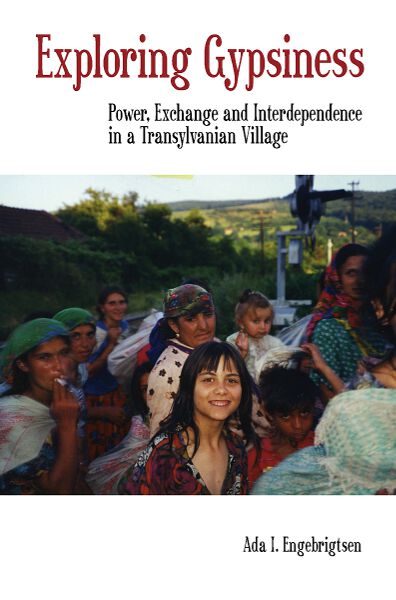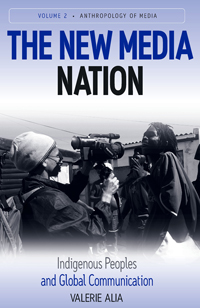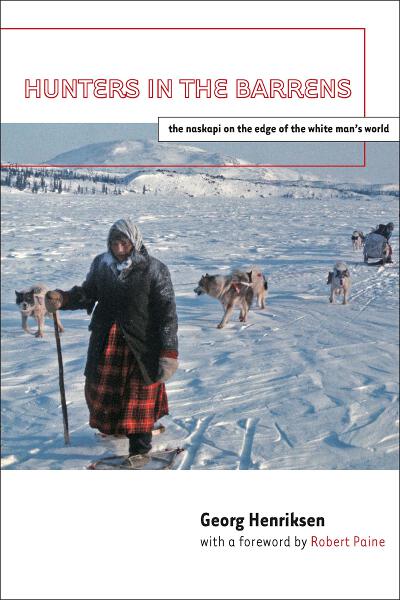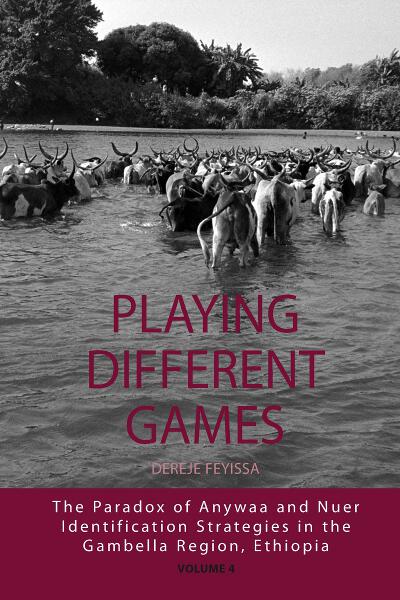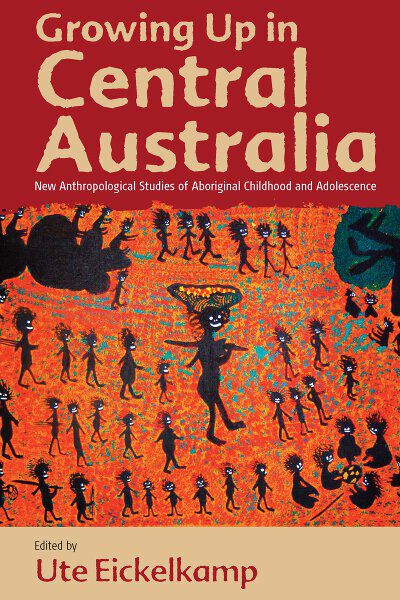
See Related
Anthropology JournalsEmail Newsletters
Sign up for our email newsletters to get customized updates on new Berghahn publications.
Growing Up in Central Australia
New Anthropological Studies of Aboriginal Childhood and Adolescence
Edited by Ute Eickelkamp
310 pages, 1 map, 2 tables, 11 figures, bibliog., index
ISBN 978-0-85745-082-1 $135.00/£104.00 / Hb / Published (June 2011)
ISBN 978-1-78238-126-6 $34.95/£27.95 / Pb / Published (August 2013)
eISBN 978-1-80758-822-9 eBook
Reviews
“The book’s strength lies in revealing aspects of Aboriginal pedagogy, sociality, and identity within complex intercultural environments. It covers a range of central Australian locations and language groups and connects the classical with the contemporary in both Aboriginal society and Australian anthropology. For its size—10 chapters in under 300 pages—its coverage is impressive.” · Anthropological Forum: A Journal of Social Anthropology and Comparative Sociology
“This is a timely collection, given the rise of interest in childhood studies in the social and behavioural sciences and following the growth in emphasis on Aboriginal childhood by the Australian state over the last decades….The chapters of this volume each have distinctive strengths in their observation of Aboriginal social relationships.” · Oceania
“Besides its value in exploring the manifold significance of childhoods, this collection will reassure anthropologists about the contemporary relevance of classical anthropology, in this case to shed light on what is happening in remote Aboriginal Australia. Several of the papers are gems, all are valuable, and the whole is richly rewarding in ways I can only hint at here…The authors provide some remarkable insights into the process of becoming a person in desert societies, a process that is anything but mechanical.” · JRAI
“Growing Up in Central Australia is a worthwhile contribution to one of the original questions of 20th century anthropology: the relationship between childrearing, childhood experience, and culture…Given that Aboriginal (and other indigenous) people confront such rapid change, and that such large percentages of their populations are young, and that—as they say—children are the future, the volume surely represents a direction that will be of increasing importance in the future of these societies and of anthropological accounts of them.” · Anthropology Review Database
“I can recommend this volume to those interested in expanding their library on the anthropology of childhood and, more specifically to scholars interested in culture and parenting, how infants become persons, role and fantasy play, peer relations in childhood and, especially, adolescent response to social change and globalisation.” · TAJA. The Australian Journal of Anthropology
“There is still a very long way to go in understanding the lives Aboriginal children live today, but this book is a long overdue and much welcome first step.” · Children & Society
“This excellent volume presents… a rich and timely collection of essays on contemporary Aboriginal childhood and youth, each chapter being grounded on extensive ethnographic experiences and studies…It is an original contribution to a growing field, namely the anthropology of childhood and youth…and offers ‘food for thought’ and a range of perspectives which allow the reader to better appreciate Aboriginal lives, challenges and points of view.” · Sylvie Poirier, Université Laval, Québec
Description
Surprisingly little research has been carried out about how Australian Aboriginal children and teenagers experience life, shape their social world and imagine the future. This volume presents recent and original studies of life experiences outside the institutional settings of childcare and education, of those growing up in contemporary Central Australia or with strong links to the region. Focusing on the remote communities – roughly 1,200 across the continent – the volume includes case studies of language and family life in small country towns and urban contexts. These studies expertly show that forms of consciousness have changed enormously over the last hundred years for Indigenous societies more so than for the rest of Australia, yet equally notable are the continuities across generations.
Ute Eickelkamp is ARC Future Fellow in Anthropology at the University of Sydney. Between 2004 and 2009 she was ARC Postdoctoral Research Fellow in the School for Social and Policy Research at Charles Darwin University. She studied Anangu children’s imagination and social and emotional dynamics through a traditional form of sand storytelling in the Central Australian community of Ernabella, after therapeutic sandplay work with Tiwi children in Australia’s north. Her current research focuses on the transformation of Australian Indigenous ontologies and subjectivities.

